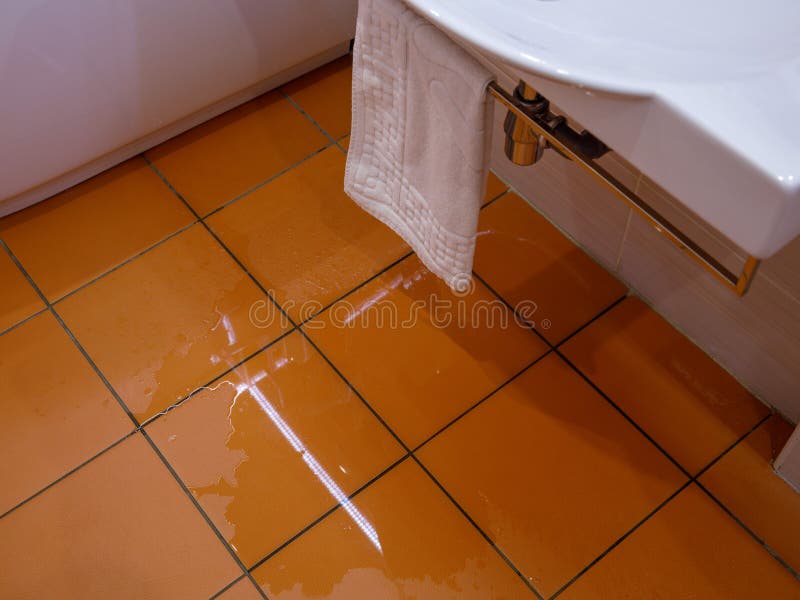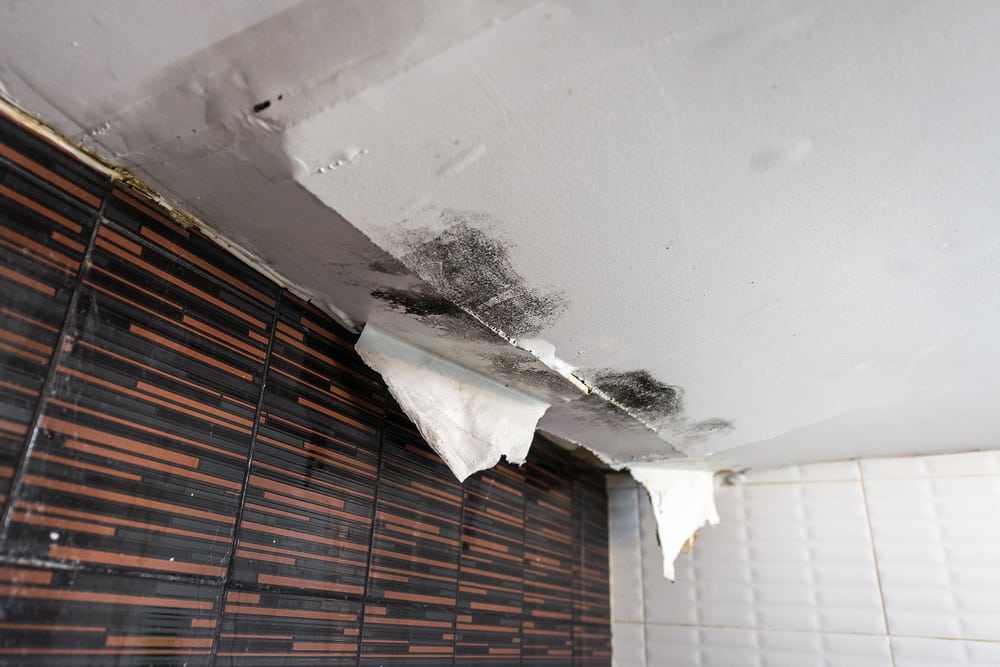Reasons Behind Bathroom Water Harm
Reasons Behind Bathroom Water Harm
Blog Article
Just about everyone has got their private perception involving How to Repair and Prevent Bathroom Water Damage?.

Water damage often happens in the bathroom as a result of the water made use of day-to-day. Often, the damage could be a little mold from the shower. Various other times, it's substantial damage on your flooring. Whatever it is, it is constantly great to understand the cause and also stop it before it happens.
This guide will certainly experience several of the typical reasons for water damage in the bathroom. We will certainly additionally examine what you can do to prevent these reasons from harming your shower room. Let's dive in.
These are the common factors you would have water damage in your bathrooms and also exactly how you can find them:
Excess Moisture
It's trendy to have that long shower and also sprinkle water while you hem and haw as well as act like you're executing, however in some cases these acts can trigger water damage to your restroom.
Splashing water around can create water to visit corners and also develop molds. Watch just how you spread excess dampness around, as well as when you do it, clean it up to prevent damages.
Cracks in your wall surface tiles
Shower room wall floor tiles have been specially created for that purpose. They secure the wall from wetness from people taking showers. Nevertheless, they are not undestroyable.
Often, your restroom wall surface tiles split and enable some dampness to leak right into the wall. This might possibly ruin the wall surface if you don't take any type of activity. If you discover a split on your wall ceramic tiles, repair it instantly. Do not wait until it ruins your wall surface.
Overflowing bathrooms and also sinks
As human beings, in some cases we make blunders that could cause some water damage in the shower room. As an example, leaving your sink faucet on can cause overflowing as well as damages to various other parts of the restroom with wetness.
Additionally, a faulty bathroom could create overflowing. For instance, a busted toilet deal with or other parts of the tank. When this takes place, it can damage the floor.
As soon as you discover an overflowing sink or toilet, call a plumbing technician to help deal with it quickly.
Burst or Leaking Pipes
There are lots of pipes lugging water to various parts of your washroom. Some pipes take water to the bathroom, the sink, the taps, the shower, as well as lots of various other areas. They crisscross the tiny location of the washroom.
Every so often, these pipes might obtain corroded and also ruptured. Various other times, human activity might trigger them to leak. When this occurs, you'll discover water in the edges of your washroom or on the wall surface.
To identify this, keep an eye out for gurgling wall surfaces, molds, or mildew. Call a professional emergency plumbing to fix this when it happens.
Roof Leakages
Sometimes, the problem of water damage to the bathroom could not come from the washroom. For instance, a roofing system leak could create damages to the shower room ceiling. You can find the damage done by looking at the water discolorations on the ceiling.
If you find water stains on your ceiling, check the roofing system to see if it's harmed. After that, call a specialist to assist address the concern.
Conclusion
Water damage to your shower room can be aggravating. Nevertheless, you can manage it if you avoid several of the reasons stated in this overview. Call a professional emergency plumbing if you observe any severe damages.
How to Prevent Water Damage in Your Bathroom?
Water damage repair is an expensive, meticulous, and lengthy process. Unfortunately, bathrooms are the most susceptible rooms to water damage due to toilets, showers, and sinks. Pipes and fixtures wear out over time and are not immune to damage. But all is not lost, as there are ways to prevent water damage from occurring in your bathroom.
Check Your Plumbing
Nothing lasts forever, especially pipes, which can rust and begin leaking over time. You should periodically conduct pipe inspections and pay attention for any musty smells or water stains that may indicate you need water damage repair. Here are some things to check:
Frequently test valves for your toilet, shower, and sink to ensure they are properly working. Check faucet supply lines hidden under vanities and replace when needed. Replace cracked or deteriorating caulking along sinks, tubs, and showers. If you notice a clog in your sink, call in a professional. Since you can’t check the pipes in the wall, keep an eye out for stains, drywall bubbling, musty smells, and excess moisture; if the bathroom is on a second level, check the ceiling of the room directly below for these signs. Don’t Overwork Your Toilet
One of the most common reasons bathrooms need water damage repair is due to overflowing toilets. Save yourself the hassle of cleanup by being mindful and not pushing your toilet to extreme limits. If you have young children, it is especially important to keep an eye on them when they are in the bathroom and to teach them how to avoid clogging the toilet. Here are some more tips to help prevent your toilet from overflowing:
If you have a septic tank, only use septic-safe toilet paper Do not flush anything down the toilet besides toilet paper; items like diapers and sanitary napkins will clog the piping Pay attention to your toilet’s water level: If it’s low, it could mean it is partially clogged or that there is a crack in the toilet bowl https://www.alure.com/home-improvements-blog/resources/how-to-prevent-water-damage-in-your-bathroom

As a serious person who reads on How to Repair and Prevent Bathroom Water Damage?, I figured sharing that piece of writing was really useful. Sharing is nice. You just don't know, you might be doing someone a favor. Thanks a lot for going through it.
Book Instantly Report this page